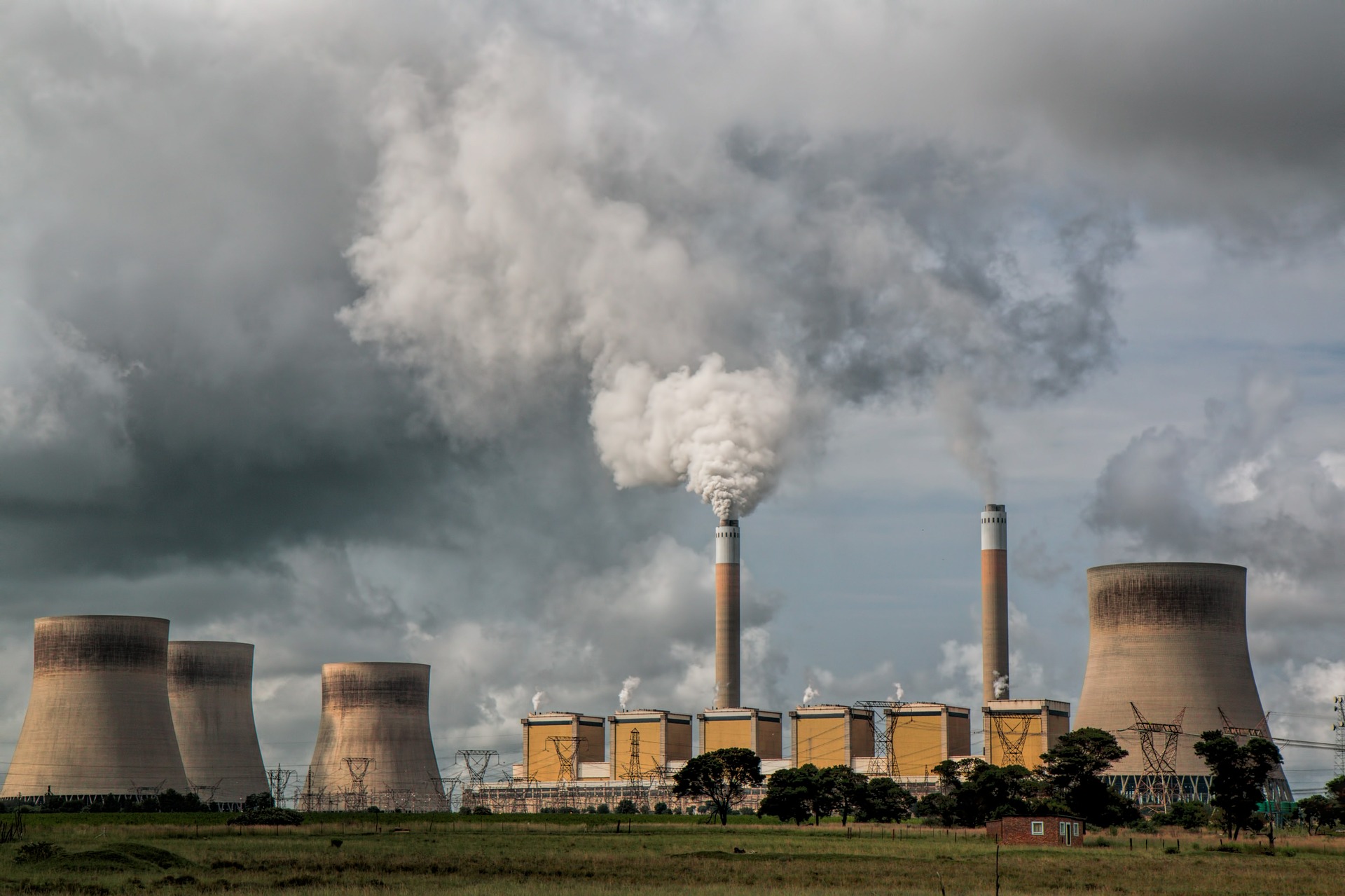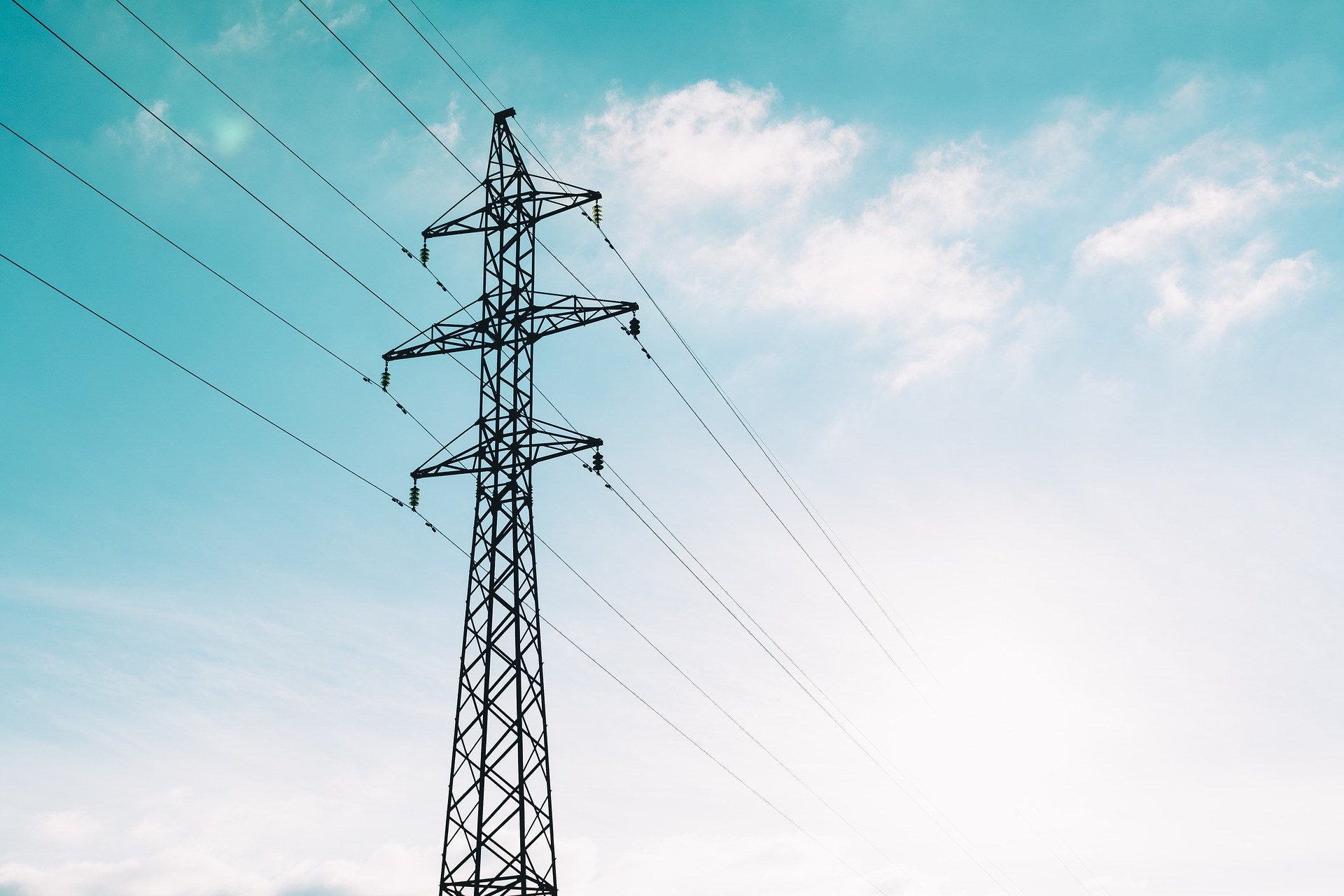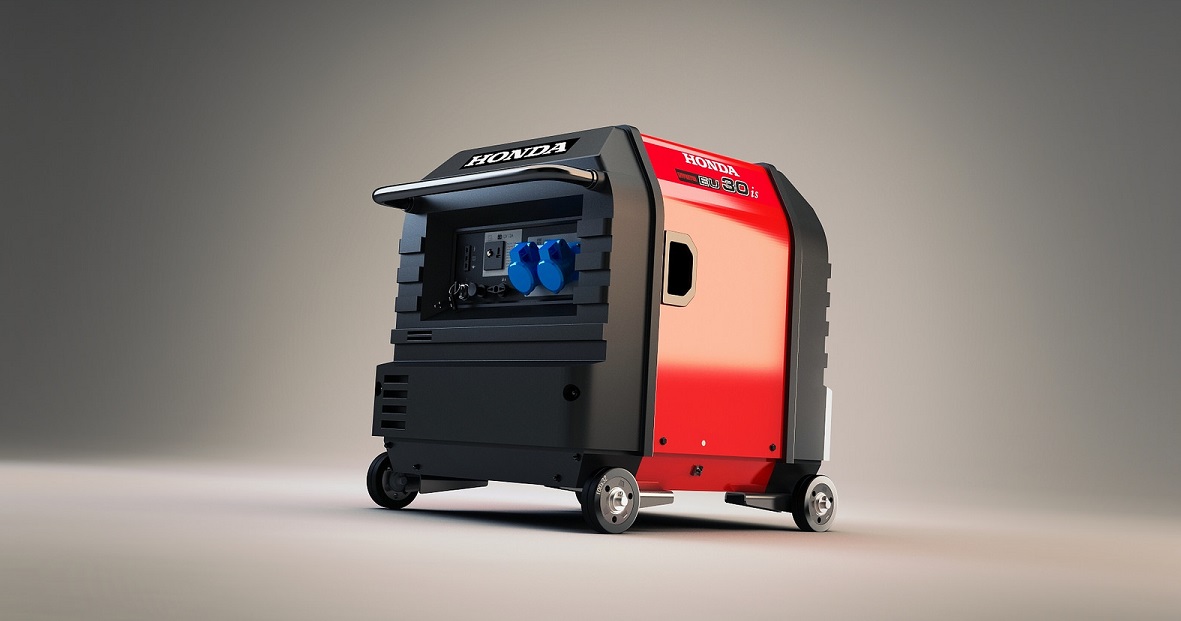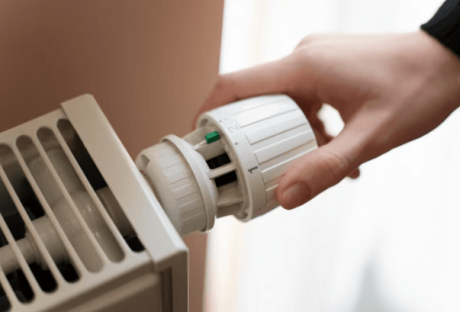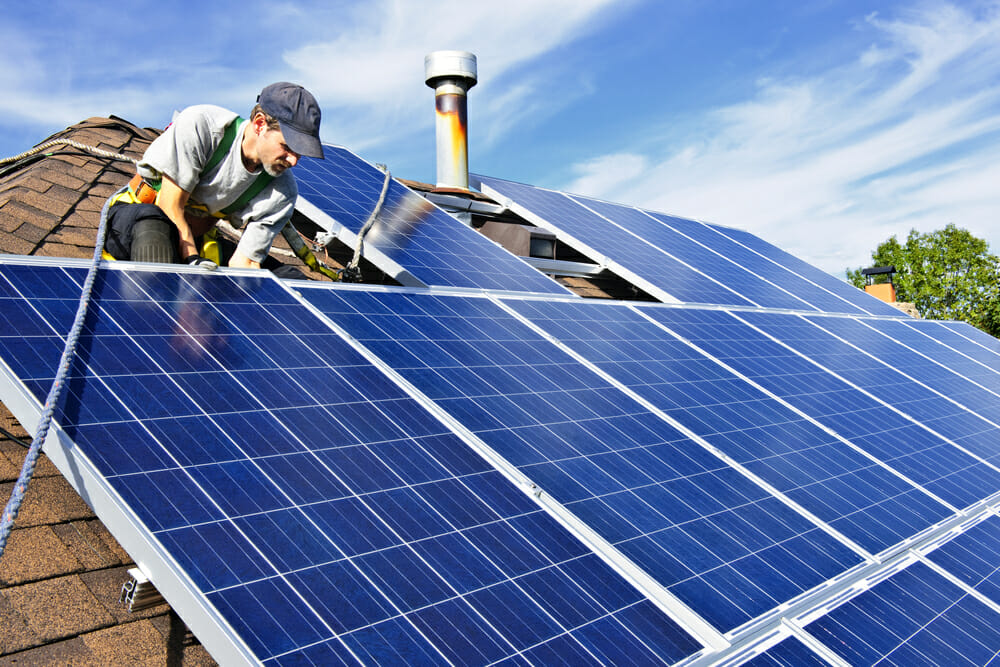Switching business energy suppliers is an opportunity that every company should not miss out on. Compared with a residential household, companies use more energy daily. An average UK small business spends around £13,000 on electricity annually, and another £7,000 on gas. With so much on the line, it is crucial to find the best and most affordable energy tariffs.
Apart from the cost, you also need to consider the reliability of the service considering that any interruption will cause significant damage to business operations. That’s why it is also essential that while you are comparing quotes from different suppliers using a comparison tool like Utility Bidder, you also need to take into account the following factors.
Supplier history and reputation:
Corporate responsibility and values adhered to by an energy provider are some things to look into if you want to partner with a reputable supplier. Some may think that the natural choice is going with large companies that have been around for many years. Although it is true that the top energy suppliers may provide some of the best services out there, there is no reason not to look elsewhere and choose a supplier that is relatively new on the scene. These small providers usually have more personalized services, and many people are missing out on these benefits because they think that bigger is always better.
Service areas:
In this regard, big energy suppliers are a better choice. Depending on where you are located, you will want an energy provider that supports your location and guarantee that there will be fewer or no service interruptions. Apart from reliability, you may also want to look into tax incentives or local prices which may vary from one supplier to another depending on where you are.
Prices and plans offered:
The energy market is affected by many factors which makes it highly volatile. Apart from choosing a fixed-rate plan over variable plans, you also need to ensure that the supplier you want has the best offers and rates. Take note of cancellation fees or other fees associated with transferring from one supplier to another before you decide. Hidden transaction fees can add up and increase the cost of a plan which makes switching less than beneficial if that is the case.
A wide range of services:
In finding the best energy provider, you also need to consider if the supplier offers a variety of services. Paying multiple suppliers could be a waste of money, and if you can get all services under one roof, you will have a better chance of getting the best rates.
Customer service:
Suppliers with reliable service also tend to have excellent customer support. As a business owner, you need to ensure that any issues you have with your energy supply are dealt with quickly. As much as possible, choose a provider with round the clock customer service. This way, you are confident that you can get help at any time of the day. Customer support is not merely about responsiveness, but the capability to provide the best possible solution considering the unique circumstances of your company.
Read Also:
- 7 Tools Your Business Can Utilize To Simplify The Customer Onboarding
- New Technology In Business: 4 Inventions In 2019 That Are Changing The Game
- A List Of The Essential Factors You Need To Consider When Installing Solar Panels In Your Home
- What You Should Know About Solar Energy For Schools: Benefits, Expectations, And More













